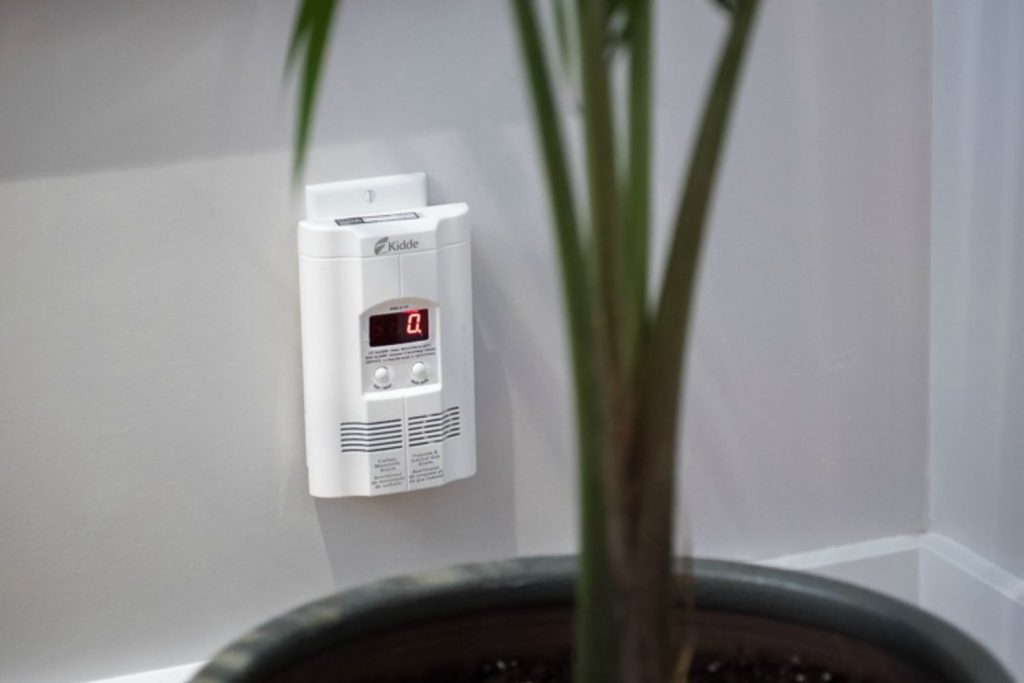Fire Safety Tips for Your Home
There’s nothing more important than keeping your family and yourself safe. So make sure, no matter where you live or how big your home, that you’re following proper fire and carbon monoxide safety considerations. Keep these important fire safety tips in mind.

- Carbon monoxide is deadly so make sure you have CO detectors on every floor of the house and outside all sleeping areas along with smoke alarms. Make sure to place them at least 15 feet away from fuel-burning appliances and don’t place them next to windows or doors. Having working smoke and CO alarms in your house doubles your chance of survival if there’s a fire or CO leak.
- Consider installing interconnected smoke alarms for maximum safety. They can be hardwired or wireless, and if one goes off they all go off. This means if a fire starts in the basement and is detected by the alarm the ones upstairs will also go off. (Keep in mind that just because an alarm is hardwired it doesn’t mean it lasts forever. Just like battery operated alarms they must be replaced every 10 years.)
- Make sure you’ve got one fire extinguisher for every 600 sq ft of living space, and make sure they’re spaced out accordingly. A fire extinguisher located easily within reach is your best bet for putting out a fire while it’s still small. Keep in mind that the size of a fire doubles every thirty seconds so you never want to go looking for a fire extinguisher. Your priority should be to get out of the house as quickly as possible. Fire extinguishers can help if your exit is blocked.
- Always determine the best escape routes for every room in the house and make sure everyone knows what they are and how to access them. Have an easily accessible escape ladder on upper floors, and in basements, and make sure everyone knows how to access the windows.
- Dryer fires are a real hazard and you need to take the steps to protect yourself and your home. The main one is to clean out dryer vents and lint traps on a regular basis. Not only will this reduce the risk of a fire, but your clothes will dry faster and your dryer will use less energy. Also be sure to clean inside, behind, and underneath the dryer, where lint can also build up.
- Never use the stove to heat the house, and during power outages DO NOT bring barbeques or generators inside for heat. The exhaust from running a generator contains lethal carbon monoxide.
- Never leave space heaters unattended and keep items that can catch fire at least three feet away from them.
- Test smoke alarms once a month to make sure they’re in good working order and replace them (and the batteries) as per the manufacturer’s instructions. Kidde’s Worry-Free units have batteries that last 10 years, for example.
- Never remove the battery from a smoke alarm. People die as a result of false alarms because they remove the battery to stop the noise and forget to replace it.
- Always read the manufacturer’s instructions when it comes to smoke and CO alarms. Technology is constantly changing so don’t rely on what you think you know about alarms. Read the instructions carefully and maintain your alarms as necessary.
Safety information courtesy of Kidde.

Comments